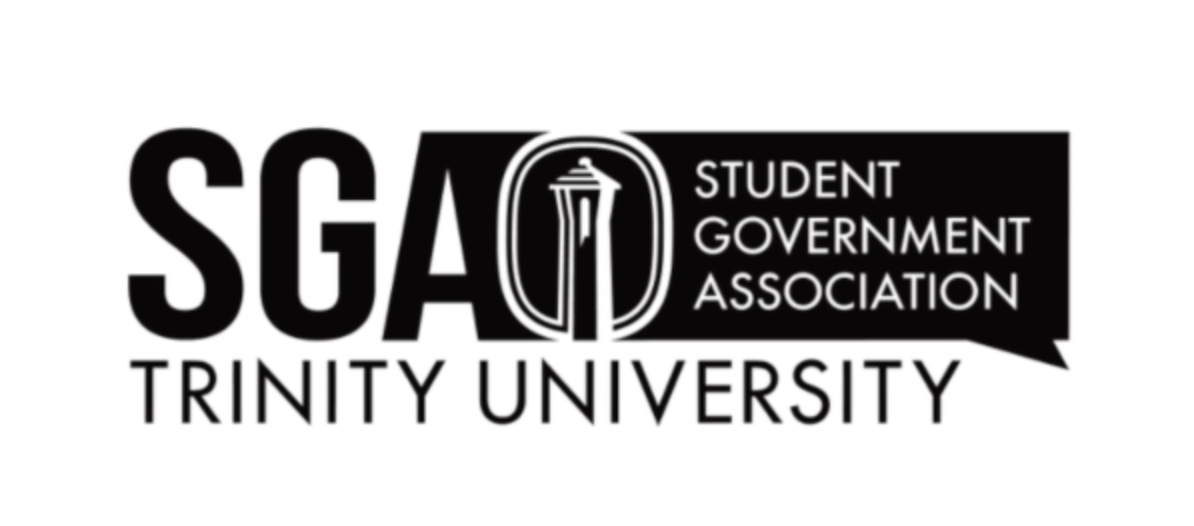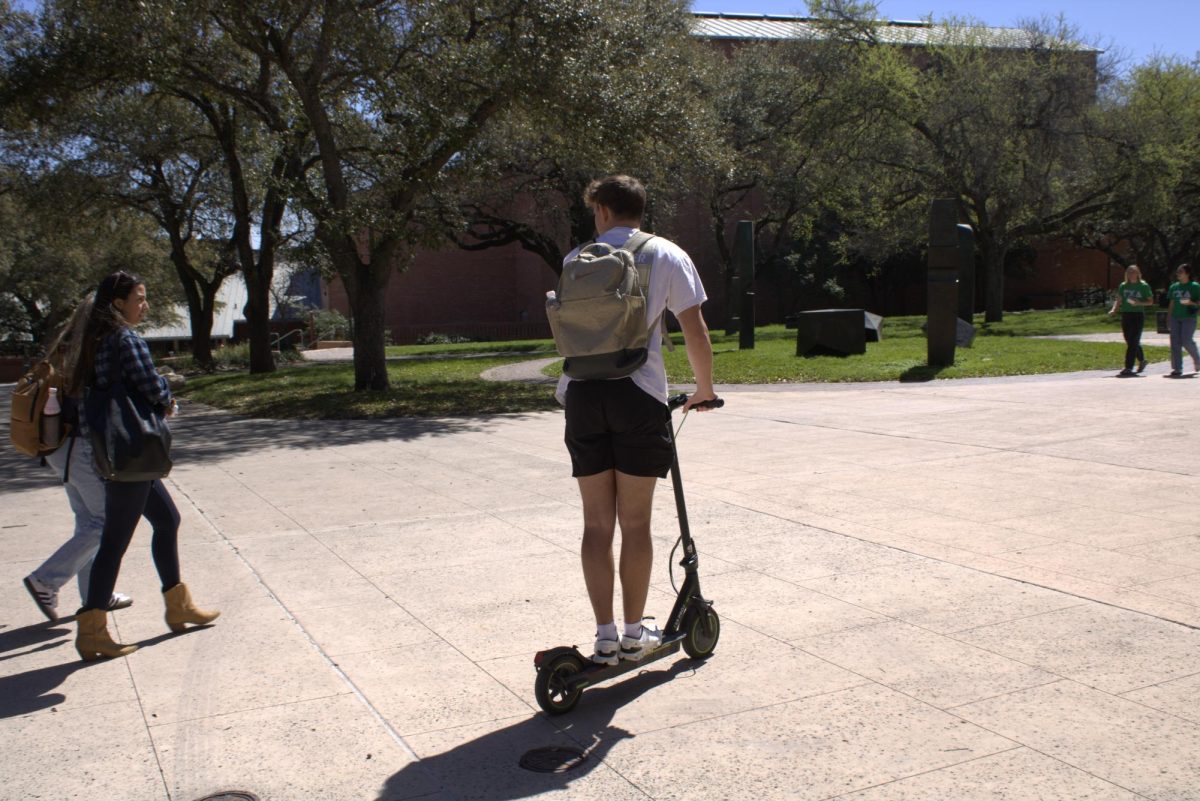Last year, the athletic department at Trinity totaled $3,869,766 in expenses. These budget expenses came from travel, equipment, coaching salaries and facility upkeep for the 18 teams, nine for men and nine for women, that are on campus.
Coaching salaries make up the highest amount of expenses. There are currently 15 head coaches. According to the Equity in Athletics Data, the average salary for a head coach at Trinity is $38, 687.
Their salaries are based on national averages for the positions.
“We work with human resources to survey nationally what positions are being paid across the country to use as a guiding point,” said Bob King, Athletic Director. “However, the longer the coach has been here the more they get paid. Their salaries grow with merit raises over time.”
There are also 25 assistant coaches and four volunteer assistant coaches whose average salary is $22,893. Football employs eight of these assistant coaches.
“There is essentially at least one full-time assistant for every team that are all making relatively the same amount of money,” King said. “We do an equity hiring process where they are all treated the same.”
Travel makes up the second largest chunk of expenses, but the recent change in conference teams has cut down on travel expenses in the past two years.
To receive the money needed, coaches meet with King and a business manager in August to plan the budget for the following year.
“We find out from every coach what their travel needs to be, what equipment is needed, etc. We fund what is necessary and never go in thinking one sport is going to get more than another,” King said.
The Trinity athletic department’s funds are part of Trinity’s $100 million annual operating budget. The athletic department receives about 3 ½ percent of that overall budget.
“The operating budget is made up of a combination of things including net tuition revenue, endowments, fundraising and other miscellaneous things like summer conferences,” said Gary Logan, Vice President for Finance and Administration.
Money from the operating budget is what is allocated to each department based on priorities from a strategic standpoint.
“We have to prioritize the requests based on what is absolutely necessary for that year,” Logan said. “We try and fill as many requests as possible, but there is always more money requested than we can allocate.”
To receive operating budget money, each department submits a request in September for the following year.
Once the budgets are sent to their respective vice presidents, a retreat is held in December between the president and vice presidents to look at all of the requests at one time.
“The vice presidents have to make their cases for the departments they represent. We almost always come to a consensus but there can be some lively debates,” Logan said. “If it does become so much of a debate, the vice presidents can go back and ask for more information from the department. However, by that point most of the details for the requests have already been flushed out.”
A recent change in alumni giving has allowed alumni to directly donate to an organization or department.
“For the athletic department it has been helpful in overall costs,” King said. “Unless the donor tells us exactly what they want the money used for it is put in a discretionary account that the coach decides how it is used.”
However, the money received from direct alumni giving has not made a huge impact on how the budget is worked so far.
“We haven’t run across the issue where a huge gift has been given to a department that makes us think about how much we are going to delegate to them,” Logan said.
Taking this into account, the requests still have to be prioritized by needs. The administration tries to balance the funding between academic and student life interests as well.
“We put a high value on student life at Trinity. It is a part of our core mission,” Logan said. “However, we don’t want it to subtract from the focus of the university, which is to educate. Student life is the support activities we build around the infrastructure of the school.”
Many institutions, especially larger universities, find it hard to balance money between academics and athletics.
“Many of the bigger schools treat their athletes like they are gods instead of students who are particularly good at athletics. I would have much less of a problem with this if they treated talented poets, actors, musicians the same way,” said Dennis Ahlburg. “It is important that the school’s values stay on track.”
While a balance can be hard to find, Trinity athletes make a positive impact on campus.
Athletes make up around 30 percent of the student body at Trinity, more than any other group.
“Admissions from athletes help us maintain and even grow our overall numbers,” said Jeremy Boyce, coordinator for athletic recruitment & success. “Athletes keep a strong foothold for us and ensure we hit the numbers we want to.”
Not only do they maintain admissions numbers, but athletics can easily foster a strong sense of school spirit as well.
“It is much quicker to build school spirit around athletics than to build a tradition, especially in the last couple of months with the playoffs that have been going on. There were over 1,000 people in attendance at the women’s soccer national game in December. That is something that is special about Trinity, we are strong across the board in sports,” Ahlburg said.
School spirit not only fosters a sense of community among the school but brings recognition to the university that helps recruit perspective students.
“Particularly in Texas, people love sports ““ men’s and women’s, so Trinity excelling in them adds an extra dimension to our school,” Ahlburg said. “However, it isn’t the only dimension because we have so many things to offer. We have incredible students and faculty that make us an extremely multi-dimensional school.”




